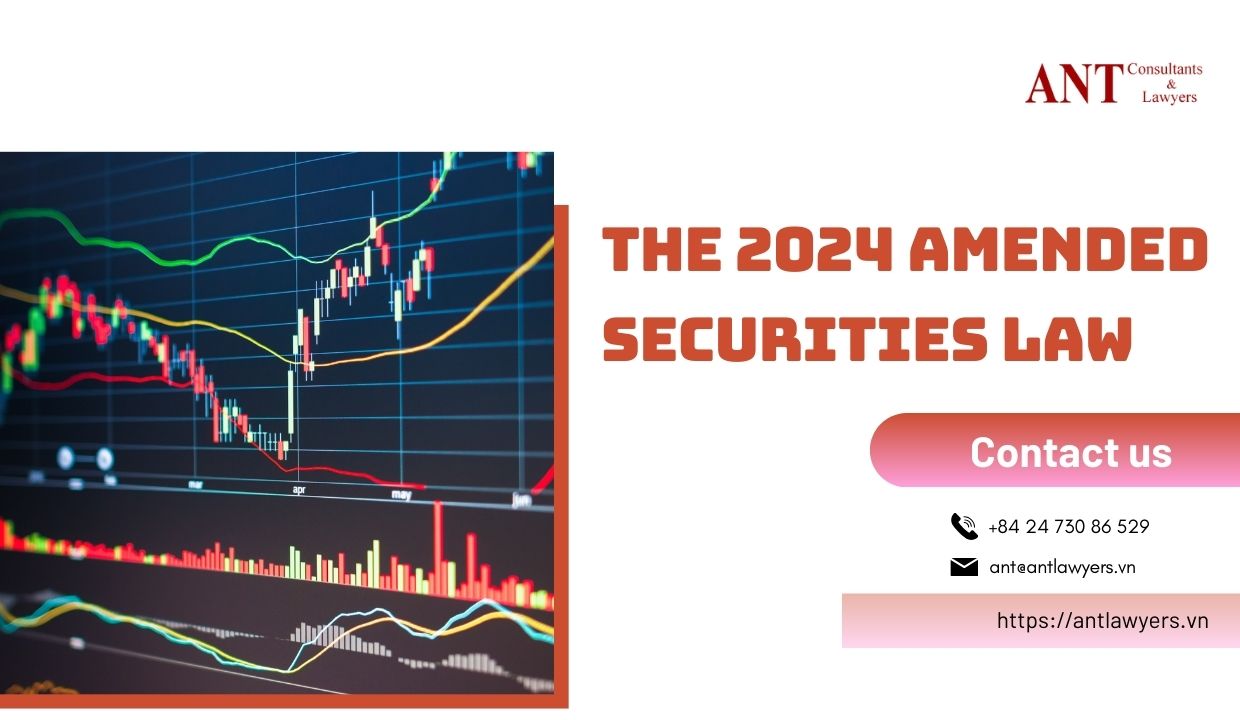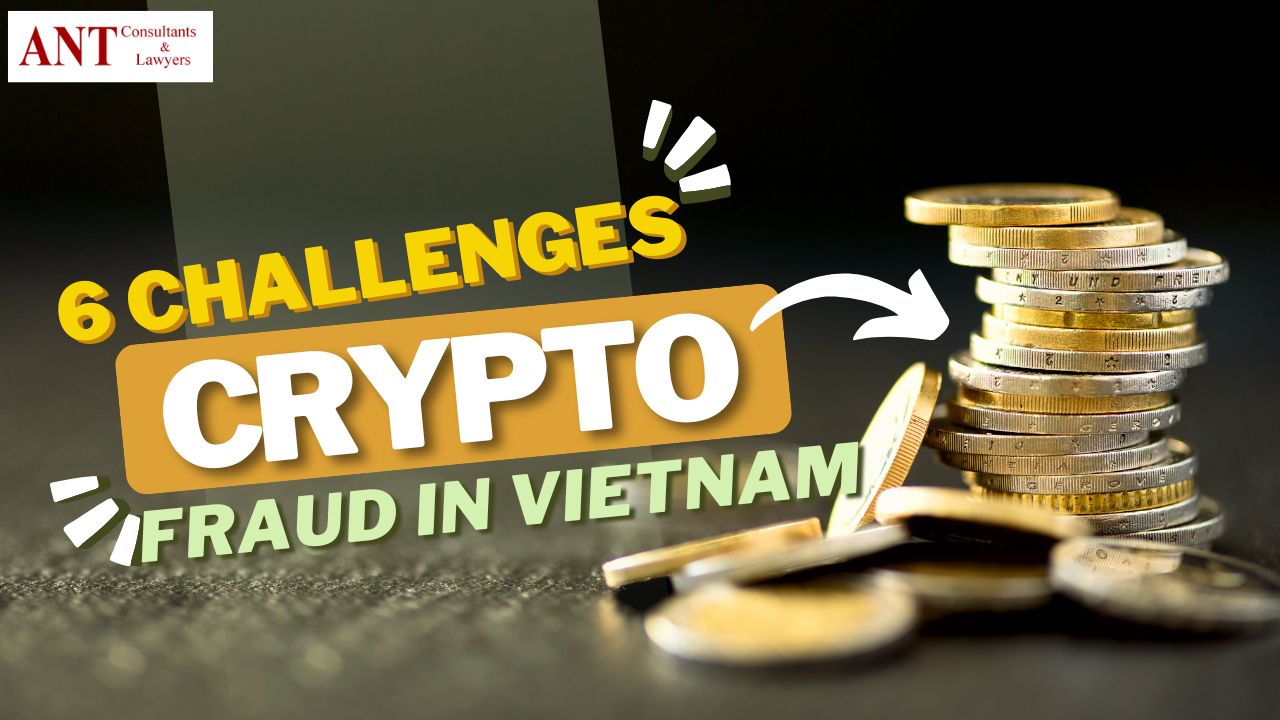Vietnam’s stock market represents a significant opportunity for foreign companies seeking to expand their reach into Southeast Asia. With its fast-growing economy and increasing financial sophistication, Vietnam provides a promising landscape for investment. However, entering this dynamic market requires a thorough understanding of the country’s legal and regulatory framework. For foreign companies, navigating Vietnam’s securities laws is a critical step toward ensuring a compliant and successful entry. Alongside, securities lawyers in Vietnam serve as key resources to help interpret, update, and consult on the evolving legal landscape.
Gaining access to local investors, and participating in Vietnam’s economic growth can only be achieved by addressing key legal questions and aligning with the regulatory environment. In here, we explore seven essential legal insights for foreign companies looking to operate in Vietnam’s securities market, providing clarity and actionable steps.

Why Vietnam’s Stock Market is a Key Destination for Foreign Companies
Vietnam’s stock market is a central pillar of the country’s financial system, regulated by the Securities Law and overseen by the State Securities Commission of Vietnam (SSC). With two major stock exchanges—the Ho Chi Minh Stock Exchange (HOSE) and the Hanoi Stock Exchange (HNX), the market offers foreign investors a diverse range of opportunities, from equity trading to long-term investments in listed companies.
However, entering Vietnam’s securities market involves more than understanding its opportunities. Foreign companies must comply with rules governing disclosure, foreign ownership, and trading practices. The role of securities lawyers in Vietnam is to assist with understanding these regulations, keeping companies updated on legal changes, and ensuring compliance with the law.
What Are the Key Regulatory Requirements for Foreign Companies?
Compliance with Vietnam’s securities regulations is non-negotiable for foreign companies. Key requirements include:
- Disclosure Obligations: Companies must submit periodic reports (e.g., quarterly and annual financial statements) and extraordinary disclosures for significant corporate events.
- Foreign Ownership Limits: Vietnam imposes foreign ownership caps in certain sectors, typically 49% for unrestricted sectors but lower in industries deemed sensitive.
- Licensing and Approval: Certain activities, such as acquiring shares in public companies, may require prior approval from the SSC.
Foreign companies need to establish robust internal processes to monitor these requirements. Securities lawyers in Vietnam can provide detailed consultations and ensure companies remain compliant with current laws.
How Can Companies Comply with Disclosure Rules?
Transparency is fundamental to Vietnam’s securities market, and failure to comply with disclosure obligations can result in fines or trading restrictions. Companies are required to:
- Submit periodic financial reports audited by an SSC-approved auditor.
- Disclose material changes, such as mergers, acquisitions, or significant management changes.
- Report transactions by major shareholders and insiders.
To avoid penalties, foreign companies should invest in compliance infrastructure and systems that track reporting deadlines and disclosure requirements. Securities lawyers in Vietnam can help interpret regulations and ensure that submissions meet SSC standards.
What Are the Rules for Securities Trading?
Trading on Vietnam’s stock exchanges is governed by specific rules designed to maintain market stability and protect investors. These include:
- Price Limits: Stocks have daily fluctuation limits (e.g., ±7% for HOSE), which prevent excessive volatility.
- Foreign Trading Caps: Restrictions apply to the percentage of shares foreign investors can hold in specific sectors or companies.
- Margin Trading Regulations: Margin trading is permitted but subject to strict SSC rules, including leverage limits and restrictions on eligible securities.
Foreign companies must understand these trading rules and their implications before entering the market. While securities lawyers in Vietnam can provide clarity on compliance matters, companies should also invest in internal market research to understand these rules comprehensively.
How Do Mergers and Acquisitions Work in Vietnam’s Securities Market?
Mergers and acquisitions (M&A) involving public companies are subject to regulatory oversight in Vietnam. Key considerations for foreign companies include:
- Ownership Disclosure: Shareholders acquiring 5% or more of a public company must notify the SSC and the stock exchange.
- Tender Offer Requirements: Acquiring 25% or more of a company’s shares typically triggers a mandatory tender offer.
- Compliance with Foreign Ownership Limits: All transactions must adhere to sector-specific restrictions on foreign ownership.
Foreign companies should conduct legal due diligence to assess potential risks, ensure regulatory compliance, and identify any hidden liabilities. Securities lawyers in Vietnam play a supporting role in reviewing contracts, facilitating regulatory approvals, and ensuring compliance with the Securities Law.
What Are the Requirements for Listing and Delisting in Vietnam?
Listing and delisting securities in Vietnam is a regulated process that requires companies to meet stringent criteria and follow established procedures. For foreign companies, understanding these processes is essential:
- Listing Requirements: Companies must meet thresholds for charter capital, profitability, and shareholder numbers. Documentation must include audited financial statements and governance reports.
- Delisting Rules: Voluntary or compulsory delisting involves strict compliance with SSC regulations, including notifying shareholders and meeting specific conditions.
While securities lawyers in Vietnam can provide procedural guidance, foreign companies should ensure their internal teams understand these requirements and maintain clear communication with regulators.
How Can Companies Stay Updated on Regulatory Changes?
Vietnam’s securities regulations evolve frequently to align with market developments and global standards. Staying ahead requires proactive monitoring of legal updates, which may include:
- SSC Announcements: Following updates from the State Securities Commission and stock exchanges is critical.
- Industry Networking: Participating in market forums and investor groups can provide valuable insights into upcoming changes.
- Legal Consultations: Engaging with securities lawyers in Vietnam can help companies interpret and adapt to new regulations.
Foreign companies must establish internal systems for tracking regulatory changes and ensuring timely compliance, with legal consultations serving as a valuable supplementary resource.
What Steps Should Companies Take to Ensure Effective Governance?
Strong corporate governance is critical to maintaining investor confidence and regulatory compliance in Vietnam’s securities market. Public companies are required to:
- Hold Shareholder Meetings: Conduct annual meetings with proper notice and transparent voting procedures.
- Adopt Governance Policies: Implement clear policies for management accountability and shareholder rights.
- Disclose Governance Practices: Provide regular updates on governance structures and any changes.
Foreign companies should prioritize building governance frameworks that align with Vietnamese laws and international best practices. While securities lawyers in Vietnam can offer advice on regulatory requirements, companies must lead the implementation of governance structures internally.
Practical Tips for Foreign Companies
- Develop Internal Expertise: Build a team capable of monitoring regulations and ensuring compliance with Vietnamese securities laws.
- Engage Local Advisors: Consult local experts, including securities lawyers in Vietnam, for insights into cultural and regulatory nuances.
- Focus on Governance: Establish transparent practices that enhance investor confidence and comply with legal requirements.
- Stay Proactive: Monitor regulatory updates and adjust strategies to maintain compliance and capitalize on opportunities.
Looking Ahead: Navigating Vietnam’s Securities Market with Confidence
Vietnam’s stock market offers foreign companies a gateway to one of Southeast Asia’s most promising economies. However, success requires a deep understanding of the regulatory environment and a commitment to compliance. By addressing the seven critical legal questions outlined in this guide, foreign companies can establish a strong foundation for entry into the market.
While securities lawyers in Vietnam provide valuable support in researching, interpreting, and consulting on securities laws, their role complements, rather than replaces, a company’s internal efforts. With the right strategies and resources, foreign companies can confidently navigate Vietnam’s securities market and unlock its vast potential.
About ANT Lawyers, a Law Firm in Vietnam
We help clients overcome cultural barriers and achieve their strategic and financial outcomes, while ensuring the best interest rate protection, risk mitigation and regulatory compliance. ANT lawyers has lawyers in Ho Chi Minh city, Hanoi, and Danang, and will help customers in doing business in Vietnam.
How ANT Lawyers Could Help Your Business?
You could reach ANT Lawyers in Vietnam for advice via email ant@antlawyers.vn or call our office at (+84) 24 730 86 529




